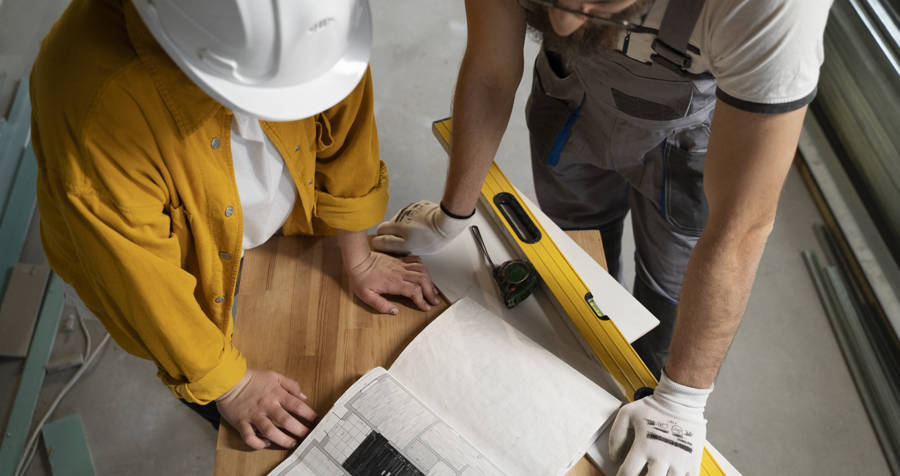Building and Safety Codes Updated
Important Changes to Improve Building Safety

News
On April 2, 2025, the Régie du bâtiment du Québec (RBQ) announced the publication, in the Gazette officielle du Québec, of new regulations amending Chapter I, Building, of the Construction Code and Chapter VIII, Building, of the Safety Code. These regulations will come into effect on April 17, 2025, and introduce major changes related to fire safety, occupant protection, and overall building quality.
For co-ownership syndicates and property managers, these new requirements will require special attention, particularly regarding updates to fire safety plans and the maintenance of integrated safety systems.
Enhancing Safety and Accessibility
The Construction Code sets out the rules that designers, contractors, and owner-builders must follow when carrying out construction work. This update aims to improve building accessibility, structural safety, and occupant health, while strengthening fire protection measures.
On the Safety Code side, the changes focus mainly on the operation and maintenance of fire safety systems built into buildings. Several technical adjustments have been introduced, including:
-
Application of the CAN/ULC-S1001 standard for integrated fire protection and life safety systems. This standard governs the coordination and testing of all a building’s safety systems (alarm, sprinklers, access control, etc.) to ensure they work together seamlessly during emergencies.
-
Protection against open flames and sparks during hot work, an important measure to reduce fire risks during maintenance or renovation projects.
-
Leak detection systems for aboveground storage tanks containing flammable or combustible liquids, to limit environmental and safety hazards.
-
Mandatory signage in laboratories indicating the presence of dangerous goods, to better protect personnel and users.
-
Updating and enforcing fire safety plans in compliance with the Safety Code, to standardize practices and facilitate RBQ inspections.
Transitional Periods
To give the industry time to adapt, an 18-month transition period will apply from the date the regulations come into force. This period is extended to three years for Article 2.1.3.7 of the Safety Code, which concerns the testing of integrated systems in accordance with the CAN/ULC-S1001 standard. This additional time will allow owners and managers to properly plan the required testing and adjustments with their specialized professionals.
Aligning with National Model Codes
These updates are part of the Reconciliation Agreement on Construction Codes, which aims to reduce differences between Quebec’s standards and the national model codes published by the National Research Council of Canada. The goal is to promote a more consistent application of building standards across the country while taking Quebec’s specific priorities into account.
Why It Matters for Co-ownerships
For co-ownership buildings, these changes will have practical impacts:
-
Careful planning will be required for testing safety systems;
-
Fire safety plans will need to be updated to comply with the new standards;
-
Some additional costs may be involved to ensure full compliance.
Boards of directors and property managers are encouraged to familiarize themselves with the new requirements now and consult fire safety and building maintenance professionals to plan the necessary steps.
Resources to Help You Comply
To make the new rules easier to understand, the RBQ has published explanatory booklets outlining the key changes to the Building chapters of both the Construction and Safety Codes. These documents are available here [French only].
Login to view this content
Become a member
Access all our services and a vast network of experts by becoming a member of the RGCQ.